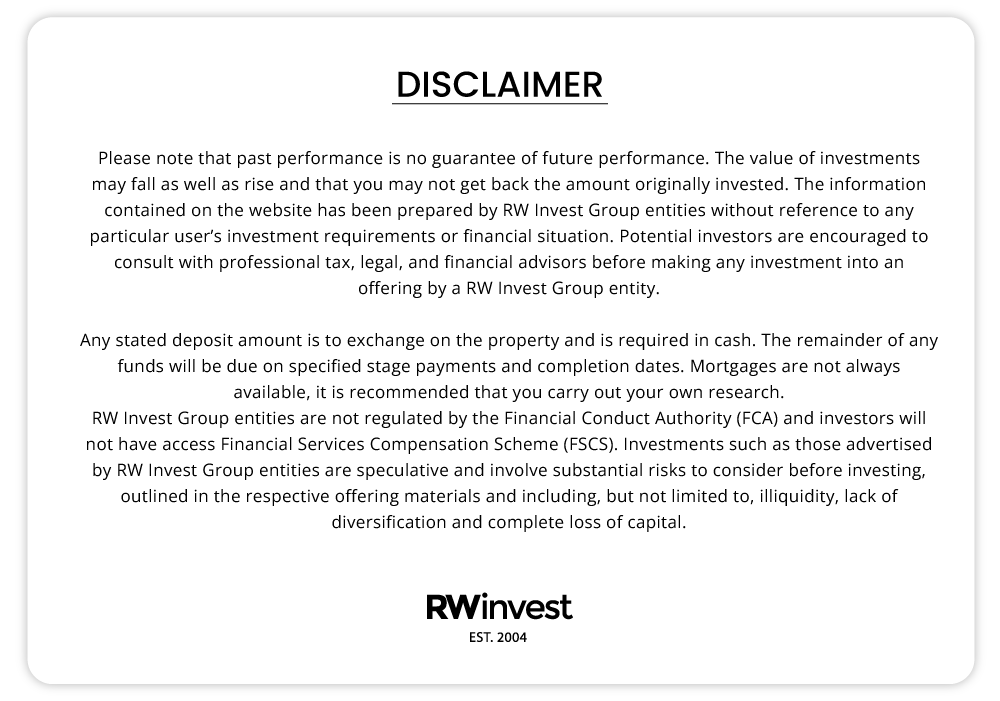Property Conversion Explained
Property conversion has become a defining trend in the UK’s real estate market – and it’s not just about giving an old building a new look – it’s about repurposing it entirely. Think of an office block turned into stylish flats, or an old factory transformed into sleek co-working spaces. The demand for housing, combined with evolving business needs, has made property conversion an attractive path for developers and investors alike. But what exactly does it involve, and where do the real challenges lie?
What Does Property Conversion Mean?
At its simplest, property conversion is the process of changing a building’s purpose. A shop might become a café. A large Victorian house could be split into modern apartments. Not only can this approach be cost-effective, but it often unlocks locations where new-build projects wouldn’t be allowed due to planning restrictions.
The appeal is obvious. Older buildings tend to offer character and strong structural bones. With the right vision, they can be updated to meet modern standards – energy efficiency, smart layouts, open-plan designs – without starting from scratch. Still, there’s a catch. Every conversion has layers of legal and technical hurdles that must be understood before any work begins.
How Does The Process Work?
Property conversion isn’t a quick turnaround job. It’s typically a multi-stage process, starting with feasibility studies. What’s already on the land registry? Are there listed building restrictions? A developer might find that planning permission is required even for relatively minor alterations, particularly if the building sits within a conservation area.
Then comes the architectural and structural assessment. Old industrial sites, for example, can hide asbestos or other hazardous materials. Maybe the floor loadings were never designed for residential use, so reinforcements are necessary. All of this adds time – and cost.
For investors, these details matter. Not only is the building’s existing condition crucial, but so is its location. If the area has strong rental demand, the conversion can pay off. In places like Manchester, where demand for growth-focused residential assets remains high, the opportunity to repurpose older stock can be particularly compelling.
Why Is Property Conversion So Popular?
It’s partly down to planning policy shifts. Over the past decade, the UK government has encouraged developers to convert underused spaces – especially redundant commercial properties – into housing. This is where permitted development rights (PDRs) come into play. PDRs allow certain types of conversion without the need for full planning permission, streamlining the process.
There’s also the economic angle. Constructing a building from the ground up is expensive, often prohibitively so in city centres. Converting an existing property can cut both cost and construction time. And beyond financial savings, there’s sustainability to consider. Repurposing reduces the carbon footprint compared to demolition and new builds.
Buy to Let Investment - Everything You Need to Know
Whether you're a first-time investor or growing your existing portfolio, be sure to read our essential guide with must-know information on investing in buy to let property in the UK.

Key Challenges And Considerations
The benefits are tempting, but property conversion is not without pitfalls. Investors and developers need to think beyond the obvious. A few issues often arise:
- Regulatory complexity: Local authorities might impose strict conditions, particularly with listed or heritage properties.
- Structural constraints: Older frameworks don’t always adapt easily to new layouts, requiring inventive architectural solutions.
- Market alignment: Just because a building can be converted doesn’t mean it should be. Is there genuine demand for the end result – be it apartments, offices, or retail space?
- Financing difficulties: Lenders sometimes view conversions as riskier than traditional projects, requiring larger deposits or specialist finance options.
What’s interesting is how these challenges can vary by region. In some northern cities, the cost-benefit ratio of conversions is excellent because demand for rental properties is high. But in quieter rural areas, the same project might sit vacant for months. It’s hard to generalise because every site, every building, comes with its own story.
How Does Property Conversion Relate To Investment?
For first-time investors, property conversion can be daunting. It’s not just about turning a profit – it’s about understanding the broader market context. Repurposed properties, when done right, can offer strong yields. They’re also often located in prime, well-connected areas where new developments would face heavy restrictions.
This is where a grasp of wider investment principles becomes essential. Anyone considering a conversion project could also explore topics like understanding commercial property investment. Commercial-to-residential conversions, in particular, can bridge the gap between these two sectors, but they demand both a creative eye for design and a sharp sense of market economics.
What Should You Ask Before Starting?
Before signing any contracts, it’s worth interrogating the fundamentals. Does the property have the right planning status? Are there any restrictive covenants? How extensive is the work required to bring it up to code – fire safety, soundproofing, insulation? And, most importantly, what’s the exit strategy? Converting a property is one thing; ensuring it’s desirable to buyers or tenants is another entirely.
The financing side also needs careful planning. Traditional mortgages don’t always apply to conversion projects, especially those requiring significant structural changes. Specialist lenders or bridging loans might be the only options. These can come with higher interest rates, so the profit margins must justify the added expense.
Final Thoughts
Property conversion is a fascinating, complex niche within UK real estate. Not only can it breathe new life into disused spaces, but it can offer opportunities that standard property investments often lack. Yet success depends on more than a great idea – growth-focused residential assets it hinges on rigorous planning, clear understanding of local demand, and careful management of both risk and budget.
For investors who can navigate these challenges, particularly in strong markets like Manchester with its demand for growth-focused residential assets, conversions could offer long-term value. The potential is there, but it requires patience and a keen eye for detail. Thinking about things such as your long-term investment goals, appetite for risk, and whether you’re prepared for a more hands-on investment can help you better understand whether this is a route you should explore further.
Remember to always seek the guidance of a financial advisor before making any commitments to invest in property. This blog is offered as an informational resource and is not to be taken as financial advice.

